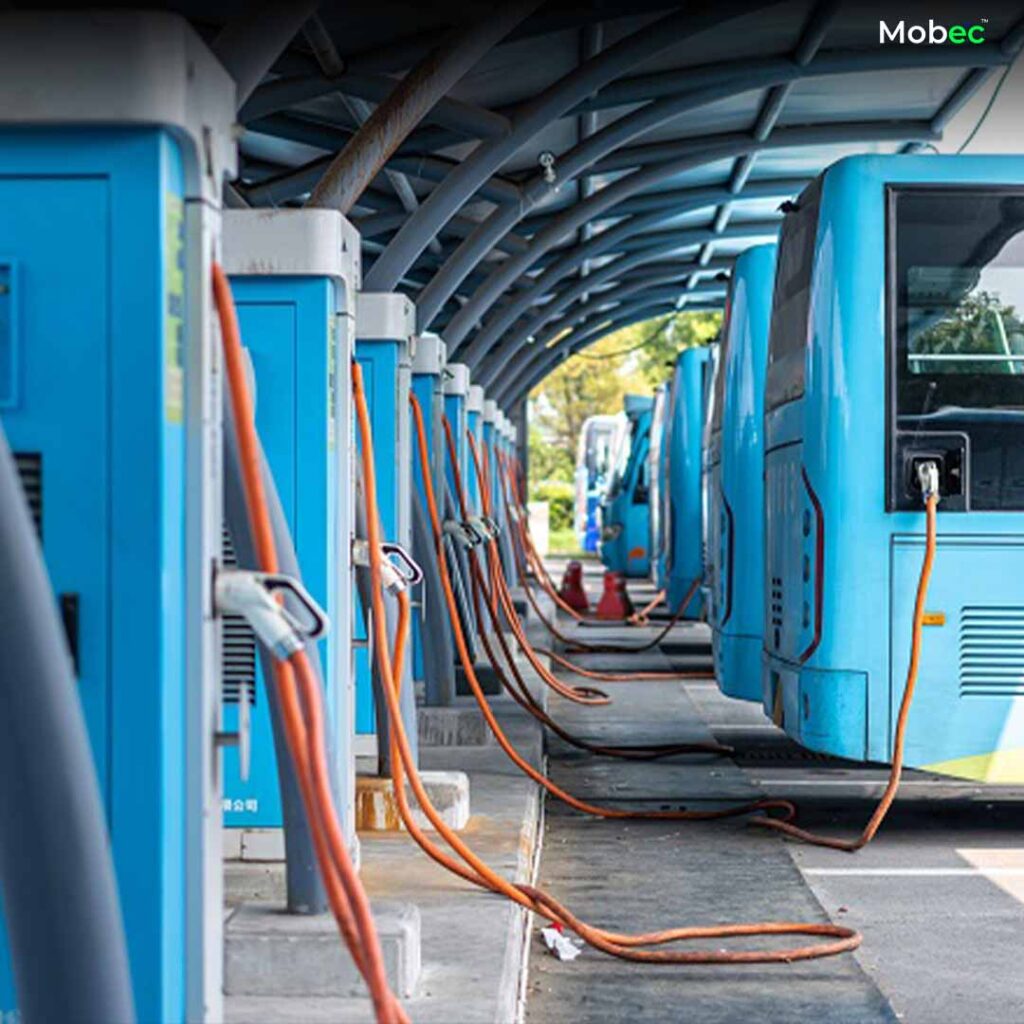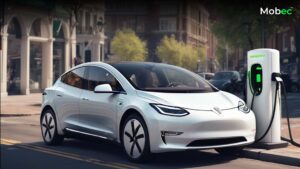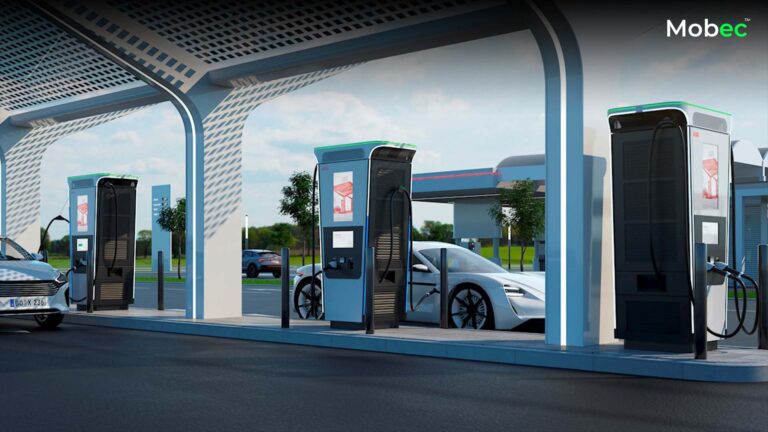The electrifying rise of Electric Vehicle (EV) adoption isn’t just reshaping the way we commute; it’s sparking a profound transformation in local economies. The EV charging industry, with its growing footprint, is not merely a technological evolution but a catalyst for job creation and economic prosperity. In this article, we delve into the multifaceted economic impact of EV charging, exploring the potential for job creation across various sectors and the ripple effect it has on communities with robust charging infrastructure.
Unveiling the Job Landscape: Charging into Employment Opportunities

1. Manufacturing Marvels: A Surge in Job Opportunities
The heart of the economic impact lies in the manufacturing sector. The production of EV charging stations, cables, and associated components is creating a surge in job opportunities. From skilled labor to management roles, the manufacturing boom is redefining employment landscapes.
2. Wiring Tomorrow: Job Creation in Installation
Installing charging infrastructure is a specialized task, creating a demand for skilled workers. Electricians, technicians, and project managers find new opportunities as the installation of charging stations becomes widespread. This surge in installation jobs adds a dynamic layer to the economic impact of EV charging.
3. Maintaining Momentum: Jobs in Maintenance and Service
As the number of charging stations increases, so does the need for regular maintenance and service. This opens up a new avenue of employment, ranging from technicians for routine check-ups to emergency response teams ensuring uninterrupted charging services.
4. Related Sectors: Expanding Opportunities Beyond Charging
The economic impact extends beyond the immediate EV charging industry. Related sectors, such as battery manufacturing, software development for charging networks, and even electric vehicle production, witness a boost in employment opportunities.
Economic Benefits for Communities: Powering Prosperity

1. Community Resurgence: The Ripple Effect of Job Creation
A thriving job market doesn’t only benefit individuals; it revitalizes entire communities. The ripple effect of job creation amplifies economic activities, leading to increased local spending, business growth, and a more resilient community.
2. Local Economies in Overdrive: The Financial Boost
Communities with robust charging infrastructure experience a financial boost. The influx of EV drivers stopping for charging translates to increased foot traffic for local businesses, from cafes to convenience stores, bolstering the local economy.
3. Tech Hubs and Innovation Centers: Transforming Cityscapes
Cities investing in charging infrastructure emerge as tech hubs and innovation centers. This not only attracts businesses related to EV technology but also fosters an environment conducive to startups and research initiatives.
Conclusion: Electrifying Change Beyond Transportation
In conclusion, the economic impact of EV charging extends far beyond its immediate industry. The surge in job opportunities across manufacturing, installation, maintenance, and related sectors paints a promising picture for employment landscapes. Simultaneously, communities with robust charging infrastructure witness a renaissance in local economies, creating a sustainable cycle of growth. As EV adoption continues to soar, the economic impact will play a pivotal role in shaping resilient and prosperous communities.
Frequently Asked Questions (FAQs)
1. How is EV charging creating jobs?
The EV charging industry creates jobs in numerous ways, including:
a) Manufacturing: Production of charging stations, cables, and components requires skilled labor and management positions.
b) Installation: Electricians, technicians, and project managers are needed to install charging infrastructure.
c) Maintenance and Service: Technicians and maintenance teams ensure smooth operation of charging stations.
d) Related Sectors: Battery manufacturing, software development, and even EV production see increased job opportunities.
2. Will EV charging help revitalize my community?
Absolutely! Communities with robust charging infrastructure experience several benefits:
a) Job creation: Increased employment leads to higher local spending and business growth.
b) Local economy boost: EV drivers stopping for charging translate to more foot traffic for local businesses.
c) Tech hub potential: Cities investing in charging become attractive for EV-related businesses and startups.
d) Sustainable growth: Increased reliance on electric vehicles reduces carbon emissions and promotes environmental sustainability.
3. Do I need special skills to get a job in the EV charging industry?
Skills vary depending on the role. Some jobs require electrical or engineering knowledge, while others may need training in installation or maintenance. Many entry-level positions are available, and employers often provide training.
4. What are the salary ranges for jobs in EV charging?
Salaries vary depending on experience, location, and specific role. For instance, technicians may earn around $40,000-$60,000 annually, while project managers can earn closer to $70,000-$90,000.
5. Where can I find job listings for EV charging positions?
You can find listings on platforms like LinkedIn, Indeed, and job boards focused on renewable energy or cleantech. Additionally, websites of companies involved in EV charging infrastructure often advertise open positions.
6. How can my community attract the benefits of EV charging infrastructure?
Communities can advocate for policy changes, partner with private companies, and invest in charging infrastructure themselves. Engaging in sustainability initiatives and showcasing potential economic benefits can attract investors and support.
7. What are some examples of communities that have already benefited from EV charging?
Cities like Oslo, Amsterdam, and San Francisco have seen revitalized local economies and increased innovation due to investments in EV charging. Research reports often highlight specific case studies with detailed data.
8. Will EV charging bring more traffic to my neighborhood?
While charging stations may attract some additional traffic, studies show the increased pedestrian activity often benefits local businesses. Careful planning and integration with existing infrastructure can minimize any disruptions.
9. Will EV charging lead to more startups and innovation in my city?
Definitely! Cities with robust charging infrastructure become attractive for tech companies specializing in EV technology, software development, and related services. This fosters an environment conducive to startups and research initiatives.
10. How can communities attract tech companies related to EV technology?
Communities can offer incentives like tax breaks, dedicated workspaces, and access to charging infrastructure. Partnering with universities and research institutions can further enhance the appeal for tech companies.





















+ There are no comments
Add yours